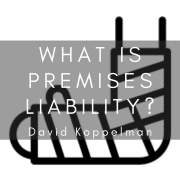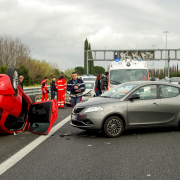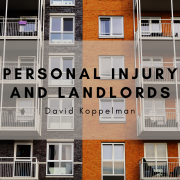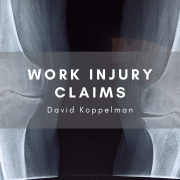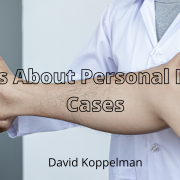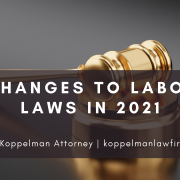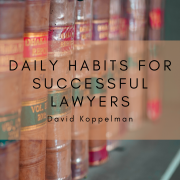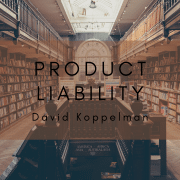What Is Premises Liability?
Let’s say you have taken a vacation to some fantastic getaway. You get there, you’re having a fantastic time, but something disastrous happens, and you end up hurt. So what are you to do? You could be entitled to “Premises Liability.” This usually occurs when an accident has been caused by a dangerous or defective condition on a person’s land. While this may have happened on your vacation, they can occur just about anywhere at any time; it could happen at your local supermarket, your favorite restaurant, a gas station, even a local swimming area. Numerous issues could cause a “premises liability claim,” such as a faulty hand railing, tripping over a crack in the sidewalk, slipping on a spill, or even getting a good chomp by your neighbors Fido.
A lot of premises liability cases are caused by negligence, but to be able to have a claim, they must be able to prove that the person was negligent and failed to maintain the property. The negligence must mean that the said property owner was unable to keep the property in reasonable care. However, you must remember just because you were injured on someone else property does not always mean that the property owner can be found at fault. To prove your case, you must be able to prove that the owner knew that property was in poor condition and could potentially cause harm but failed to take the proper steps to fix the issue.
As stated above, premises cases can usually affect a wide range of scenarios, and different things fall under the category of premises liability.
- Slip and fall
- Snow and ice incidents
- Inadequate maintenance of the premises
- Defective conditions
- Inadequate security
- Elevator and escalator
- Dog bites
- Swimming pool accidents
- Amusement park accidents
- Fires
- Water leaks or flooding
- Toxic fumes or chemicals
In these cases, states often require the property owners to exercise care and proper maintenance to their properties to decrease the chances of having a person who may come onto the property and limit incidences. Other states can restrict a landowner’s duty depending on the visitor’s status on the property.
- Invitees
- Licensees
- Trespassers
An invitee is invited onto the landowner; they were permitted onto the property, which usually covers friends, family, and neighbors. This means the landowner must keep the property safe for those that they have invited onto the property.
Someone who is a licensee is similar to an invitee, but they are coming onto the property for their reasoning, such as a salesman. At that point, the landowner is responsible for knowing land conditions.
A trespasser comes onto the property on their own volition and is not allowed on the property. In this case, the landowner could still be at risk due to potential threats if the trespasser is a child, and there’s something potentially harmful to the property that could put the person at risk.
The rules and regulations can become pretty complicated, and every state’s laws are different. If you have experienced any of these issues, you should contact a lawyer to discuss your rights and legal possibilities.

